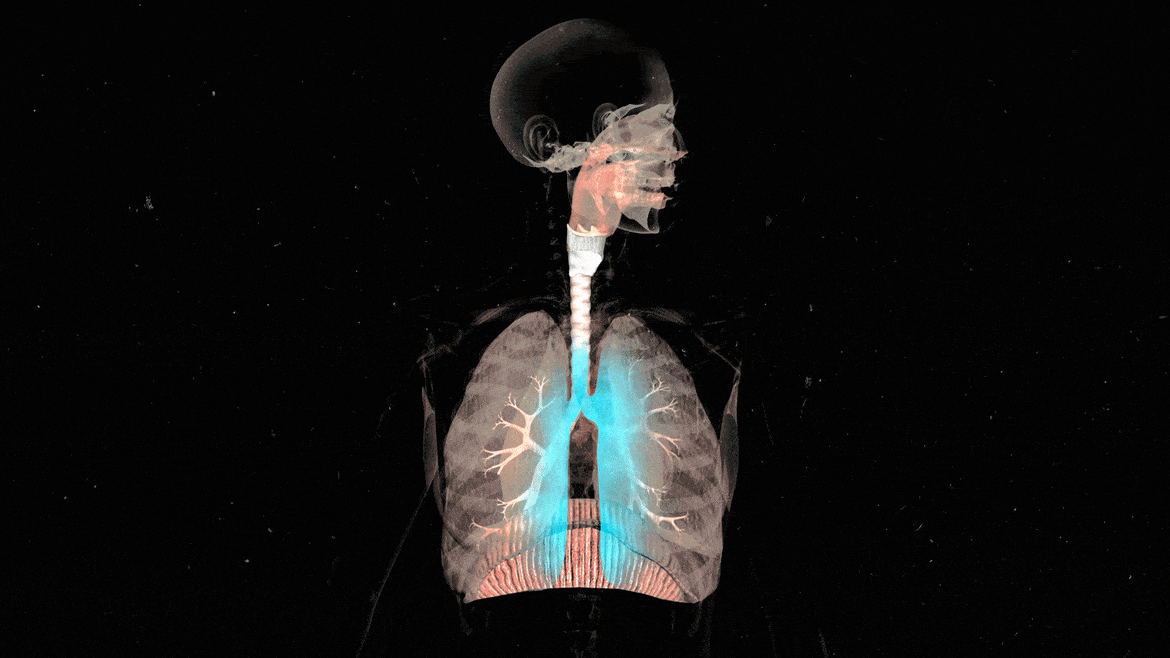Your Breath Could Tell Doctors How Close You Are to Dying

Whether it’s minty fresh or foul as hell, your breath is distinctively yours—composed of a batch of chemical compounds that can’t be emulated by another’s body. But scientists are only just starting to wrap their heads around the small features that make one breath different from another. That work has culminated now into a new study that shows how your exhalations during respiratory distress can help doctors discover the cause—and save your life by treating it quickly.
In the new study, published on Wednesday in the journal Science Translational Medicine, a team of U.K. researchers took breath samples from 277 participants, including patients admitted to the hospital for acute breathlessness as well as healthy volunteers. They analyzed hundreds of airborne metabolites known as volatile organic compounds, produced by the body’s cells during metabolism, for clues about the patients’ underlying conditions. The team hoped to learn whether certain diseases like asthma, heart failure, or pneumonia were linked to higher or lower concentrations of certain compounds.
Scientists Found a Way to Predict Your Death by How You Walk
Studying exhaled metabolites isn’t a new concept. Other groups have studied these compounds’ ability to diagnose acute respiratory distress syndrome—a life-threatening lung injury that presents as shortness of breath—and even chart one’s recovery from a stroke. Due to rapid advances in sampling and data processing, scientists see great promise for diagnostics based on the metabolome, which is a person’s complete collection of small molecules.
In the U.K. study, the researchers found that detecting and measuring exhaled metabolites in one’s breath could be used as a diagnostic tool—one with more than 77 percent accuracy at predicting asthma, COPD, heart failure, and pneumonia, respectively. The new model accurately identified healthy volunteers 93 percent of the time. Additionally, their model correctly predicted at least 80 percent of patient deaths over the next two years.
This Bot Detects Parkinson’s by Listening to You Breathe
The study authors reasoned that different conditions may lead to a variety of cellular processes, producing unique combinations of volatile organic compounds that are then exhaled. For instance, they found that heart failure patients had increased amounts of certain hydrocarbons, while acute asthma patients had fewer aldehydes than healthy controls. Future research, they wrote, should capture breath samples from patients upon arrival to the hospital, with the hope that a real-time analysis of the compounds in their breath can direct them to the care they need.
This could be the difference between life and death in the near future. When a person is in respiratory distress, every second counts. Correctly diagnosing and treating the underlying cause of breathlessness is not always simple—but by diving into what makes our breaths unique, one day it may be.
Get the Daily Beast's biggest scoops and scandals delivered right to your inbox. Sign up now.
Stay informed and gain unlimited access to the Daily Beast's unmatched reporting. Subscribe now.

